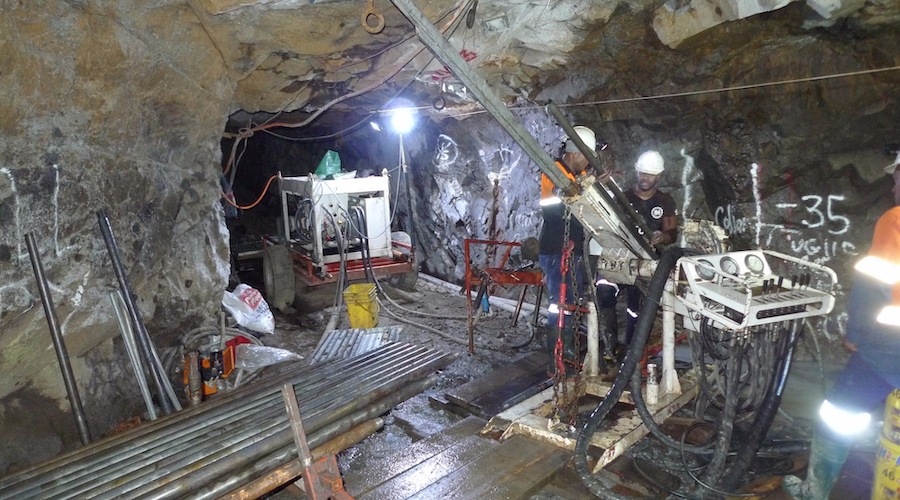The economic impact of the COVID-19 pandemic is starting to show in declining consumption and investment indicators says Fiji’s Reserve Bank.
In its latest Economic Review, the Bank says cumulative to April, domestic cement production dropped by -31.3% and sales by -20.4%. New lending for building and construction was down almost 30%. In the same period, commercial banks’ new lending for consumption purposes contracted by 4.4%, net VAT collections were down 23.4%, and registrations for new and second-hand vehicles declined by 40.2% and 64% respectively.
Production of gold, wood and timber products all declined, and visitor arrivals contracted by 43.5% percent to April.
The Bank says while the economy is anticipated to partially recover in 2021, this is highly contingent on the resumption of global travel resuming before the end of the year.
As of this week, 88,939 COVID-19 Withdrawal applications have been lodged with the Fiji National Provident Fund, mostly by members involved in the tourism, taxi and small and micro enterprises sectors that have experience reduced hours, lowered income or have been laid-off temporarily or permanently.
Reduced lending to private sector business entities and private individuals .
Monetary aggregates reflect current economic conditions. In April, domestic credit growth slowed by 4.2 percent (from 7.9% in April 2019) on account of In the same period, both the commercial banks’ new lending and deposit rates fell annually.
The Bank says its monetary policy objectives of stable inflation and adequate foreign reserves remains intact. Lower yaqona, kerosene and diesel prices contributed to the seventh consecutive month of negative inflation.
However on a monthly basis, consumer prices rose by 1.3 percent from April to March (from -0.4%) due to increased food, beverage, tobacco and narcotics prices, reflecting in part the impact of Tropical Cyclone Harold.
